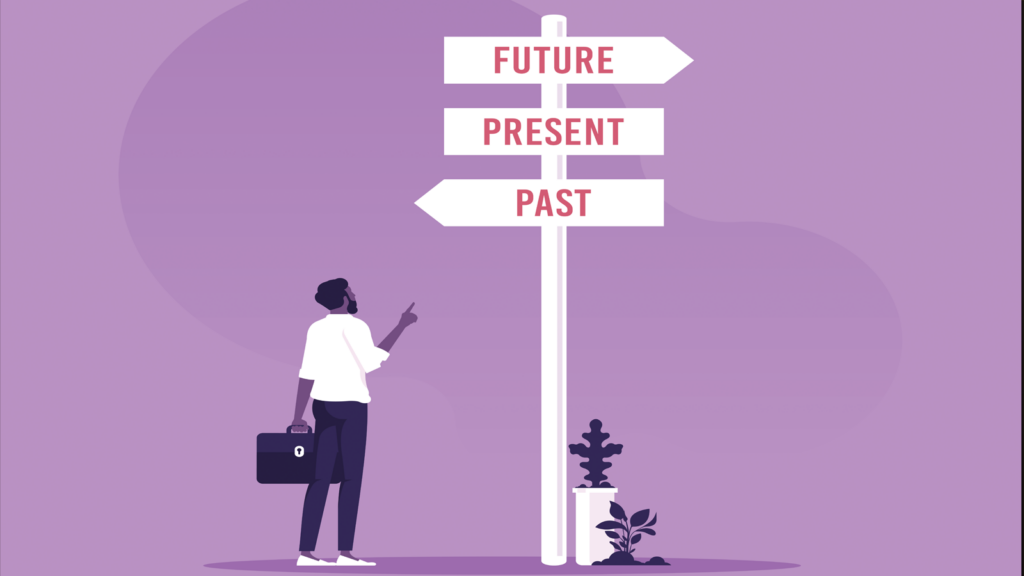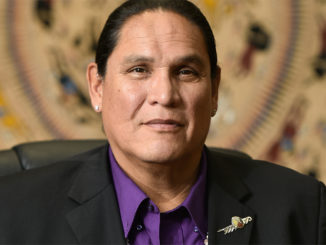Do you remember your first car? When I ask a client this question, a smile will spread across their face as they share memories about their delightful clunkers. “The car had a hole in the floorboard, and I could watch the road through it! I had to call AAA if it snowed to get a tow home; the tires were so bald! The car was so small the football team carried it to a new parking spot, just to confuse me!” All of these seemingly terrifying stories are told with the purest joy. When I ask if they would feel good about driving that car today, I’m given an incredulous look and a nervous laugh – obviously NOT!
Somehow, we get stuck in the past as a form of what life should be. We should be eternally young and plucky. The people we love should be well and with us forever. The job should be as invigorating as it was when we started. We complain that the company has lost its luster or the new generation we interact with isn’t as solid as the last. Our desire to keep the world static becomes a tomb in itself. It traps us instead of freeing us.
Defining “I’m Fine”
Clients often tell me that they are fine despite a challenging time, but “fine” can mean a lot of things. After a root canal, I may be doing fine but I need to define “fine” to the circumstance. I’m not steak dinner fine. I’m smoothie for dinner – looks like the worst is over – where are my meds – fine.
There is an effort to avoid an honest evaluation of the circumstances or the accumulated stress. We continue to measure ourselves and try to behave in a manner where no other circumstances have happened. We treat our lives and expectations of ourselves in a vacuum, without context to what is happening. We delude ourselves by thinking – my house is a construction pit and the dog died but I should be able to pull a double shift because typically I can. Then we wonder why we find themselves emptying a bottle of wine with dinner, yelling at treasured family, finishing a box of Girl Scout cookies or some other life-sabotaging choice.
This cycle is incredibly damaging. Everyone knows not to eat steak after oral surgery but doesn’t extend that same willingness to honor, get help, support, space, or allow for adjustment to heal from many of life’s inevitable hits or the constant drip, drip, drip of stress. We act as if the compounding events aren’t to be considered in our choices for today. In a sense, we keep behaving as if we are living in the space when the junk car was working out for us or as if we hadn’t just had oral surgery. To ignore these would be to damage a healing mouth or to not embrace the need for a reliable car to get the kids to soccer practice.
The beloved clunker car is a delight because it was perfect for that time of scrapping and making do. It delights us because we remember our pluck and the feeling of the future ahead of us, but it isn’t what we need today. The steak dinner will come again but it is a poor choice following surgery. We need to bring context to where we are today.
Data vs. Data in Context
In a sense, this is a process of analysis. Surely, looking at the numbers is helpful. Business would not function well, forecast, or create budgets without analysis but without context the numbers are hollow.
Currently, there is a dramatic rise in Harry Styles impersonators. At this current rate by the year 2030, every other person you meet will be a Harry Styles impersonator… or maybe not. Maybe we look at the numbers and better understand a trend, a style, a societal shift. With some context, the percentage of rise can tell us a few things but using it to blindly project gives us nothing or, worse yet, would be damaging. This would hold true for taking a holistic, contextual evaluation of your own life and needs.
So, pause for some context in your life. Acceptance of what is, allows us to evaluate and make reality-based decisions. This doesn’t mean that we live as less. It allows us to live as more. It allows us to honor the successes, the losses, the gains, the wounds and with context to make the wisest next move based on the whole picture.
Look at which choices honor all of your story today. This way you can make the most progressive, efficient, and fruitful decisions about the next steps. Acceptance of what is allows us to heal and to use all of our life circumstances for our benefit. It doesn’t push away or deny. It takes it all into consideration for best use. Acceptance moves us to change and the freedom to access the highest use of our lives – every part, in every time.




